Geologists have extensively researched sea level variation and depth fluctuations along the Indian coasts, using foraminifera, a sea organism, found in abundance all over the oceans. They are either benthic or planktonic depending upon whether they live on the sea bottom or float in the upper water column. Out of an estimated 4000 species living today, 40 are planktonic.
Dr Rajiv Nigam, senior scientist from the National Institute of Oceanography (NIO), Goa in a recent talk at the 4th Conference on Science and Geopolitics of Himalaya-Arctic-Antarctica, December 1, 2017, highlighted the role of foraminifera in geo-archaeology, and how it helps in differentiating land based reservoirs from a marine environment.
“The sea level has never remained static. It has always been changing due to various climatic factors, melting of the glaciers and monsoon va...
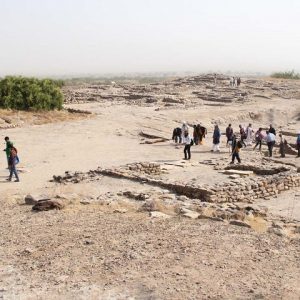
This blog emerges from a two-part conversation investigating the evolving understanding of sustainability by tracing its roots through geological epochs, civilizational collapses, demographic surges, and contemporary climate challenges. The...
Submarines are among the most secretive and sophisticated military assets in the modern world. Designed for stealth and endurance, they offer nations unmatched control in underwater operations and deterrence. For India, submarines represent...
Heat stress in the workplace is becoming an increasingly urgent concern as climate change intensifies across South Asia. Beyond the visible impacts of extreme heatwaves, it is the silent, daily exposure to high temperatures that erodes the...
The convergence of scientific knowledge and diplomatic strategy is increasingly defining the contours of international engagement in a world marked by deep geopolitical divisions and rapid technological advancement. This episode of GnY Live...
The COVID-19 pandemic has brought the subject of healthcare to the forefront. As such, it becomes pertinent to ask the question that why some countries are doing better than others in dealing with this crisis? Does the answer lie in the difference...
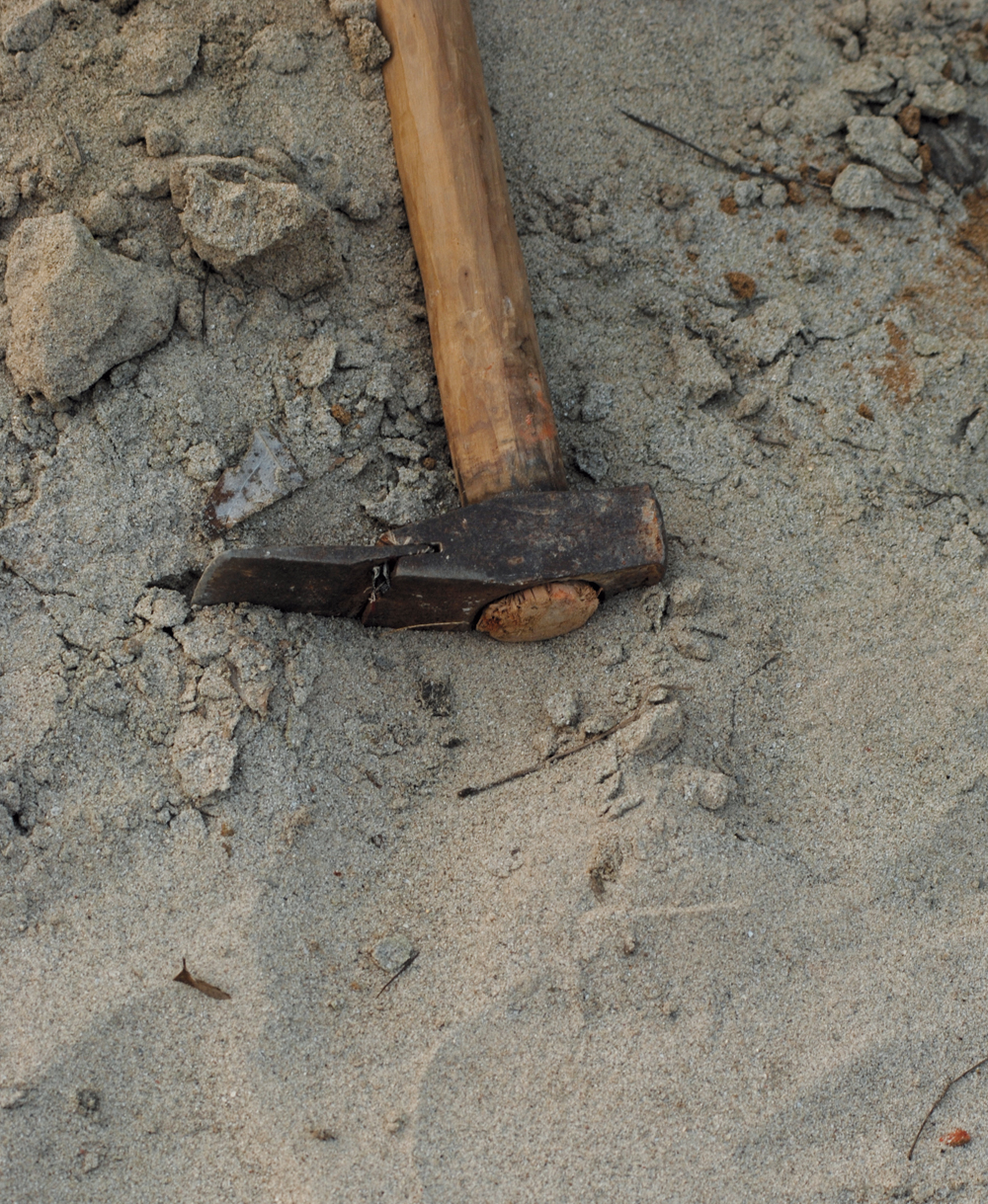
By: Sachidanand Sinha
BOOKS

Eminent social worker Avinash Rai Khanna is a remarkable thinker. A former Member of Parliament and an active politician, he has been working intensely on social issues and raised them in Parliament from time to time. These social issues are in no way connected to politics. These in fact present deep thinking and an earnest relationship with ground realities. Each of the nine chapters of this book showcases an outlook on pertinent social issues. From the ever-changing evils of society and how together we can solve day-to-day problems to what the responsibility of society towards orphans should be and how to prevent their criminalization have been discussed threadbare. Khanna has selected topics unrelated to politics and governments, addressing the smallest unit of a nation - the family. He attributes problems to the departure from India's roots and highlights instilling the nation's ageold cultural ethos among children. Khanna hails from Punjab where, in the recent decades drug addiction among the young population has emerged as a significant problem. In his article 'How to get rid of drug addiction', Khanna presents a solution to this very problem. The author also considers military training in tandem with formal education an important input for nation-building. Overall, this succinct bouquet of thinking - Samajik Chintan, is an inspiring treatise for all..
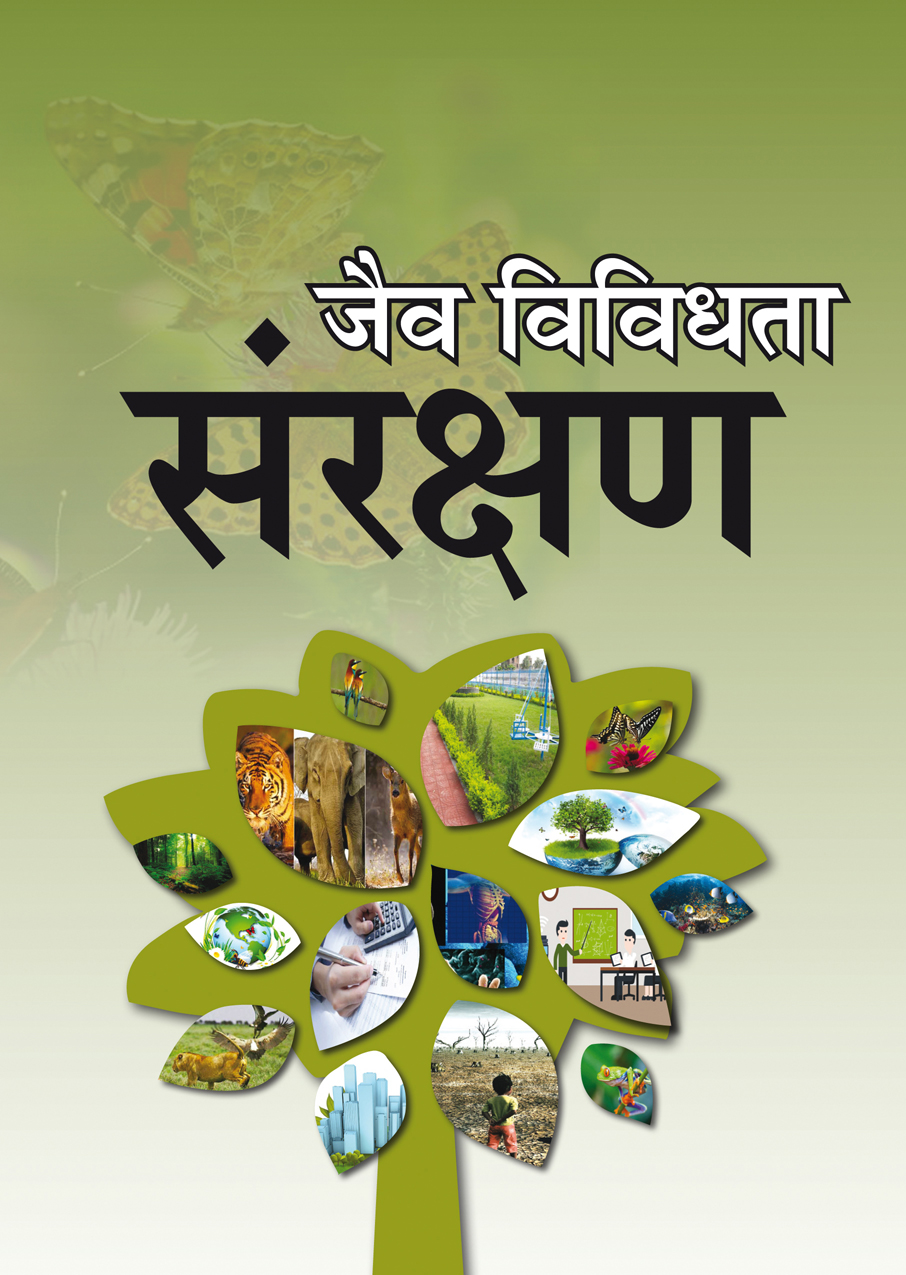
जैव विविधता हमारे प्राकृतिक पर्यावरण का अनिवार्य हिस्सा है। पर्यावरण संतुलन व सतत विकास के लिए यह विविधता बनाए रखना जरूरी है। यह तभी संभव है जब इनका संरक्षण करें। यह पुस्तक जैव विविधता एवं उसके संरक्षण के सभी पहलुओं को स्पर्श करती है। पुस्तक में संरक्षण संबंधी चुनौतियों का भी यथास्थान वर्णन है। पर्यावरण अध्ययन में अभिरूचि रखने वाले शिक्षकों, शोधार्थियों एवं छात्रों के लिए यह पुस्तक अति उपयोगी है।
Climate Change
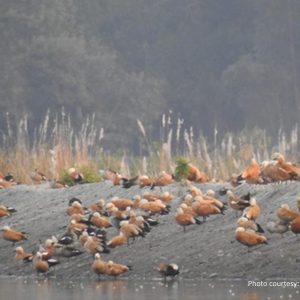
Located in the Dehradun district, the Asan Conservation Reserve is the 38th Ramsar site in India and first in the state of Uttarakhand. It is a human-made wetland, which has resulted due to the Asan B..

A new paper by British climate writer, Paul Homewood says that average temperature rise in the USA is not alarming. Based on the data received from the NOAA, it claims that there has been little or no...
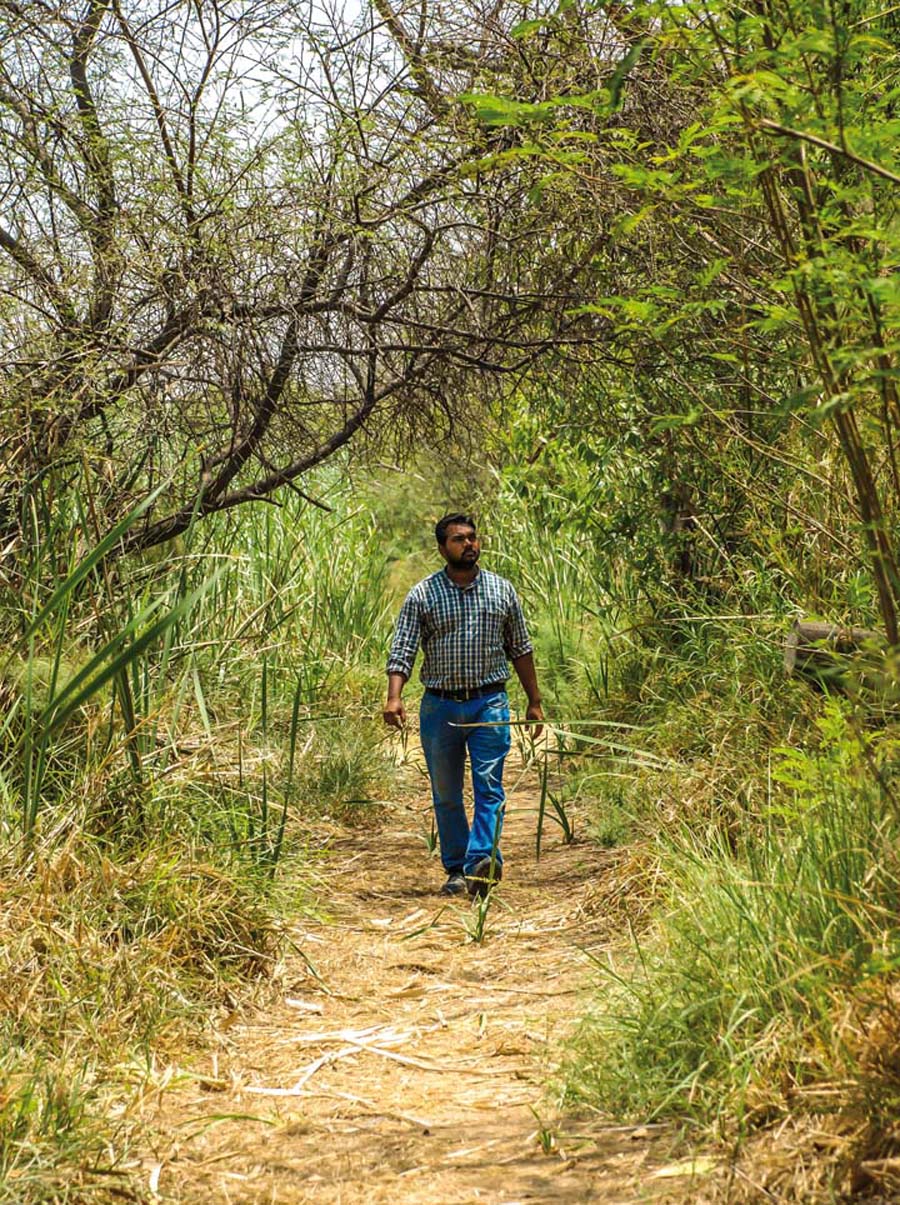
Biodiversity
The risk of climate change is universal but the poor are more vulnerable with worsening food security and exacerbating hunger in developing countries. Climate change is also likely to affect species distribution and increase the threat of extinction and loss of biodiversity. ..
Editor's Pick
 1° Hotter = 1000 Dead: Heat Waves as India’s Growi...
1° Hotter = 1000 Dead: Heat Waves as India’s Growi...
Heatwaves are no longer episodic extremes but are increasingly becoming a structural...
 Sale! Sale! Sale!: Private Education
Sale! Sale! Sale!: Private Education
As India stands at a critical juncture in education reform, questions surrounding pri...
 Vanishing Grants: The Fate of Higher Education in...
Vanishing Grants: The Fate of Higher Education in...
The foundational principle upon which our education systems rest is fundamentally bas...
 Ailing Glaciers: Aerosol Warming the Himalayas-Ins...
Ailing Glaciers: Aerosol Warming the Himalayas-Ins...
The Himalayan glaciers face significant climate change and air pollution threats. In...








